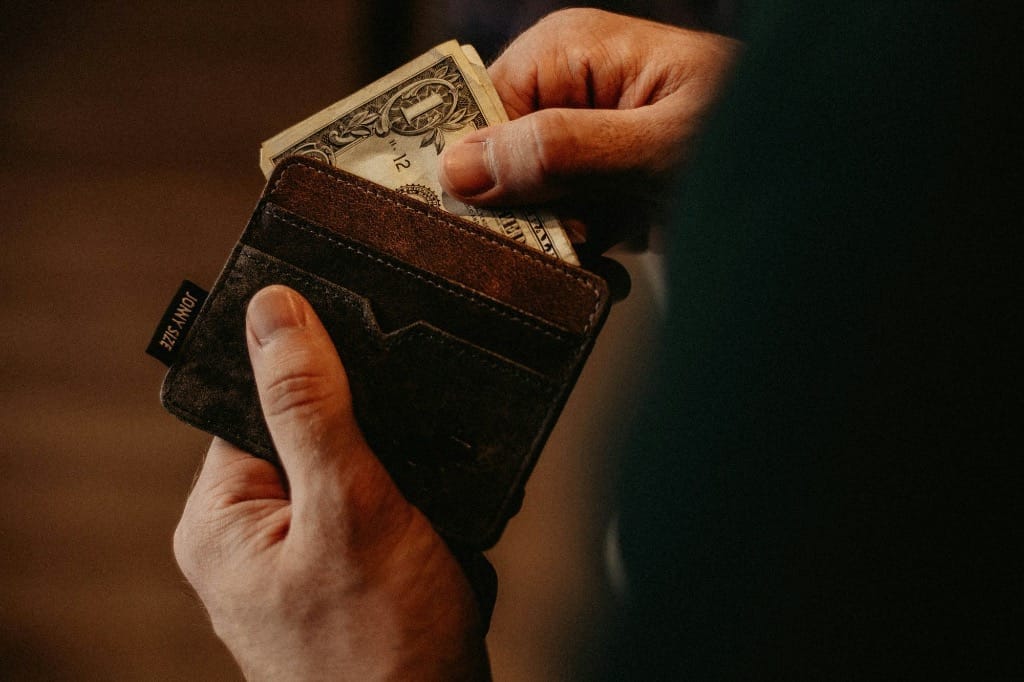AT&T to SCOTUS: E-Rate Reimbursements Shielded from False Claims Act
The law requires high financial penalties for defrauding the government out of money.
Jake Neenan

WASHINGTON, August 14, 2024 – AT&T subsidiary Wisconsin Bell told the Supreme Court Tuesday companies should not be subject to heightened penalties for fraudulent reimbursement requests to a Federal Communications Commission subsidy program.
At issue is a Seventh Circuit decision ruling that those requests are “claims” under the False Claims Act, which requires higher financial penalties against companies that lie to obtain government money. The act calls for damages triple the amount of the improperly obtained payments, plus mandatory civil penalties.
“Here, there’s no FCA ‘claim’ as defined by the statute because the federal government doesn’t ‘provide’ any money in the E-Rate program,” the AT&T subsidiary wrote in a brief filed yesterday.
E-Rate spends more than $2 billion a year from the FCC’s Universal Service Fund, which itself is funded by fees levied on interstate telecom revenue. Wisconsin Bell argued that model shields the program from FCA penalties, as the law is designed to protect government funds.
Telecom auditor Todd Heath, the individual who originally sued the company for allegedly charging schools more than was allowed by the program, had asked the high court not to intervene because E-Rate funds are collected and distributed by congressional mandate and sit in a U.S. Treasury account.
“Simply put, when requesting funds from a multibillion-dollar government program created by Congress to fulfill a federal objective, intentionally overcharging that program subjects the requestor to False Claims Act liability,” his lawyers wrote.
Also at issue is whether the Universal Service Administrative Company, the nonprofit entity set up by the FCC to oversee the fund, is an “agent” of the United States, another path to liability under the FCA. The Seventh Circuit ruled USAC was subject to sufficient FCC control to qualify as an agent of the U.S., and Wisconsin Bell asked the Supreme Court to find the opposite.
Major broadband trade groups had supported Wisconsin Bell’s request for the Supreme Court to intervene, writing that the higher penalties could dissuade some of their members from participating in E-Rate and other USF programs.
A brief from Heath is due September 24. Oral arguments are set for November 4.









Member discussion